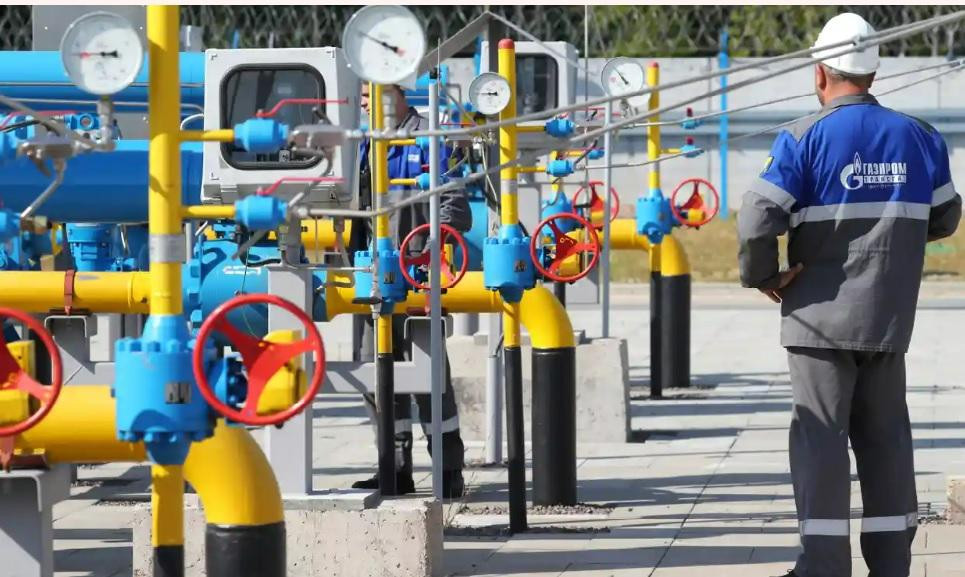Is Russian gas pressure on the EU easing?
Gas prices are falling despite Russia's Gazprom shutting down the Nord Stream pipeline this week. But winter worries remain.
 |
A Gazprom-operated compressor station of the Nord Stream natural gas pipeline. Photo: Tass |
Russia shut down the undersea Nord Stream 1 gas pipeline to Germany for three days, starting on August 31, but gas prices actually fell.
Central gas prices at the Dutch TTF hub were trading at 239.10 euros per megawatt hour on August 31, down from 265.33 euros a day earlier and well below the record peak of 346.52 euros in late July.
It is a sign that the EU’s efforts to diversify supplies, cut usage and quickly fill storage ahead of winter are having an impact on the market. EU gas reserves are above 80%, the level the EU has required to reach by November 1.
“Let’s continue to fill storage where levels are still lower and implement the EU’s consumption reduction plan. This will help us get through the winter safely,” EU Energy Commissioner Kadri Simson said.
In Germany alone, the country's storage facilities are 83% full. "The German government was prepared for a situation where Russian gas would not be supplied reliably. That's why we were able to react quickly and fill our gas storage facilities for the winter," German Chancellor Olaf Scholz wrote on Twitter.
Before the three-day shutdown, Gazprom had limited Nord Stream to a fifth of its normal capacity and had reduced or stopped deliveries to dozens of EU countries. The company said it would suspend deliveries to French energy supplier Engie from September 1 due to a payment dispute.
Even without a complete shutdown of Nord Stream, Russia’s deliveries to the EU are still well below last year’s levels, when it accounted for 40% of the bloc’s gas supplies. Last week, Russia delivered 856 million cubic meters of gas to the EU, 68% less than the same period in 2021, according to Breugel.
Concerns remain
The lack of a panicked market reaction when Russia shut Nord Stream for maintenance — a claim Western European politicians disputed — does not mean the Kremlin cutting off deliveries would have no consequences.
"The situation is tense and a worsening of the problem cannot be ruled out. However, gas supplies in Germany are stable," said Bundesnetzagentur, Germany's grid operator.
"Wholesale prices have risen sharply in recent times and remain at very high levels. Companies and private consumers must prepare for a significant increase in gas prices," the Bundesnetzagentur warned.
Even at slightly lower levels on August 31, gas prices were still about 10 times higher than a year ago. That affects electricity prices because of their links to the EU electricity market.
EU energy ministers will meet on September 9 to discuss the situation and are expected to consider short-term measures to curb prices as well as longer-term reforms to the bloc's energy market structure.
Despite the market downturn, Gazprom CEO Alexey Miller has insisted that gas prices will be even higher this winter "if current market trends continue".
The EU's progress in filling reserves "will probably be enough to get through the winter, but it won't be smooth and prices will remain very high," said Alexander Gabuev, a senior fellow at the Carnegie Endowment for International Peace.
